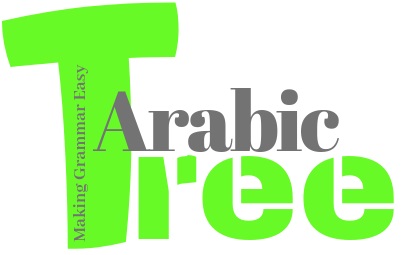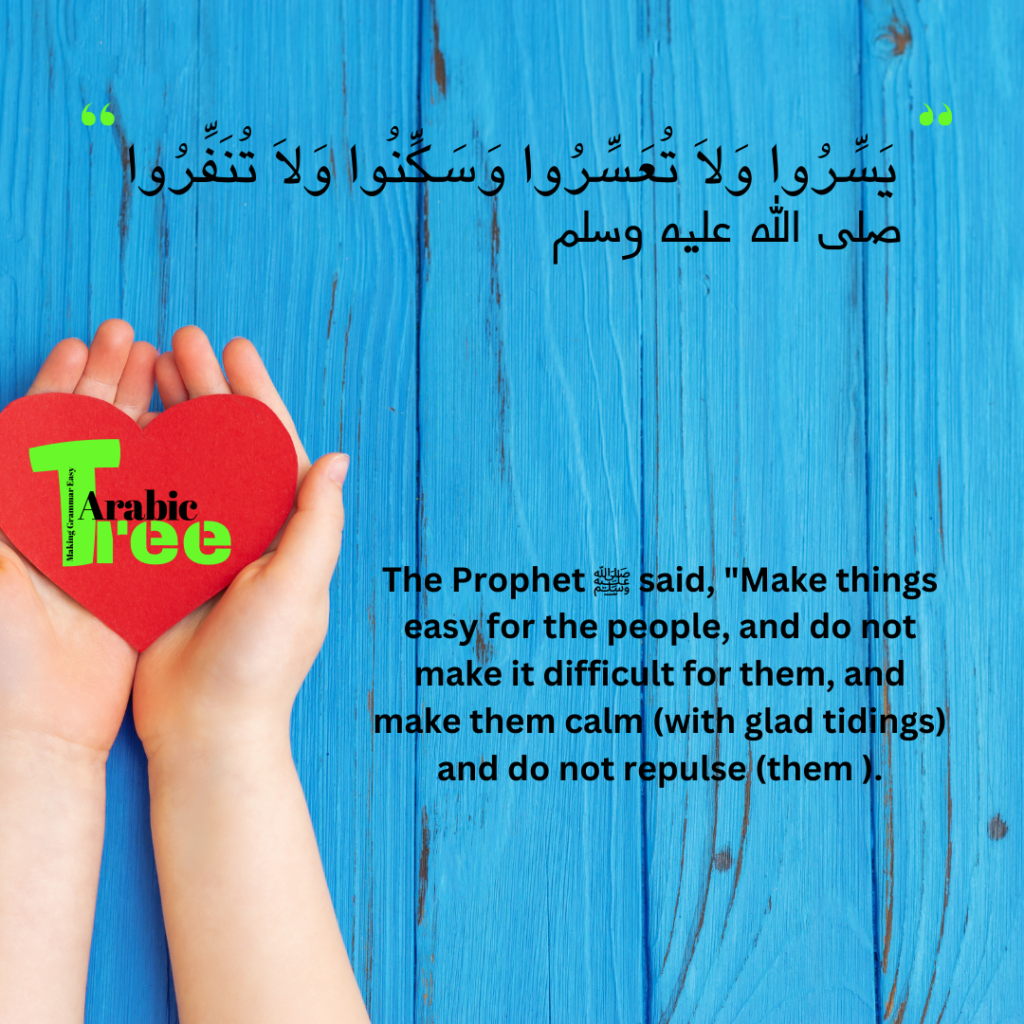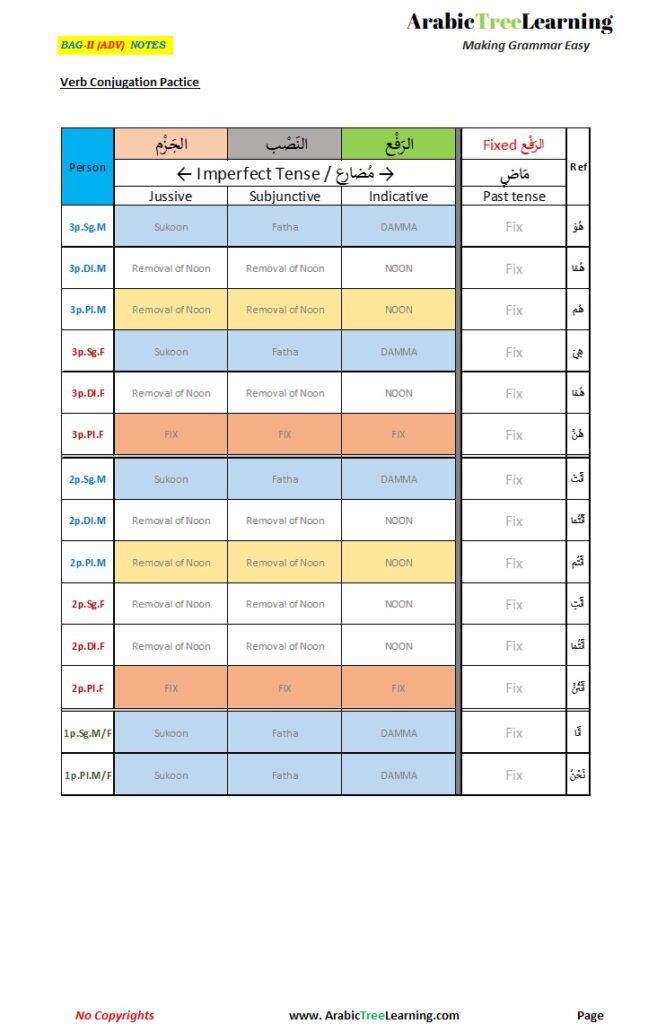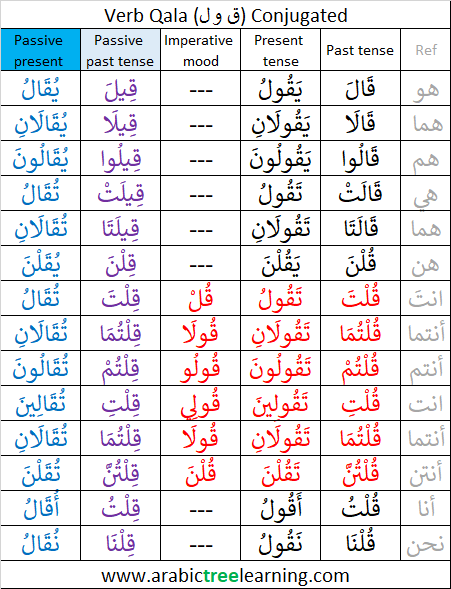Difference between ThUmma and ThAmma in arabic grammar.
In Arabic, “iyya” is used to indicate exclusivity and emphasis. When combined with pronouns, it serves to focus attention on the subject or object of a sentence. For example, in the phrase “iyyaaka na’budu” (إِيَّاكَ نَعْبُدُ) from Surah Al-Fatiha (1:5), “iyyaaka” translates to “You alone” or “only You,” placing exclusive emphasis on Allah as the sole object of worship.
“Unlocking Mastery: Expertly Crafted Arabic Verb Conjugation Practice Sheet”
To get a FREE basic Arabic Grammar complete course contact us via Whats App 91-9324484053
فَلَمَّا جَاءَهُ وَقَصَّ عَلَيْهِ الْقَصَصَ جَاءَ So when he came to him and related to him the story (28:25) قُلْ مَنْ أَنزَلَ الْكِتَابَ الَّذِي جَاءَ بِهِ مُوسَىٰ جَاءَ Say, “Who revealed the Scripture that Moses brought (6:91)
Completely FREE online Arabic Grammar Course YES. FREE Arabic Tree Learning is offering FREE of cost Arabic grammar course to all. The course is conducted ONLINE via Zoom meeting app. The best part is if you miss a class, no problem Class recordings are available also its uploaded on You Tube channel For more details […]
Why should we read Quran with understanding? The Glorious Quran, is a collection of messages reveled to Prophet Muhammad (PBUH) by Allah (SWT). Allah says in the Holy Quran that the Quran was sent as a guide to whole of mankind (2:185). The Quran is a guidance sent from Allah (SWT), a code of conduct […]
- 1
- 2



